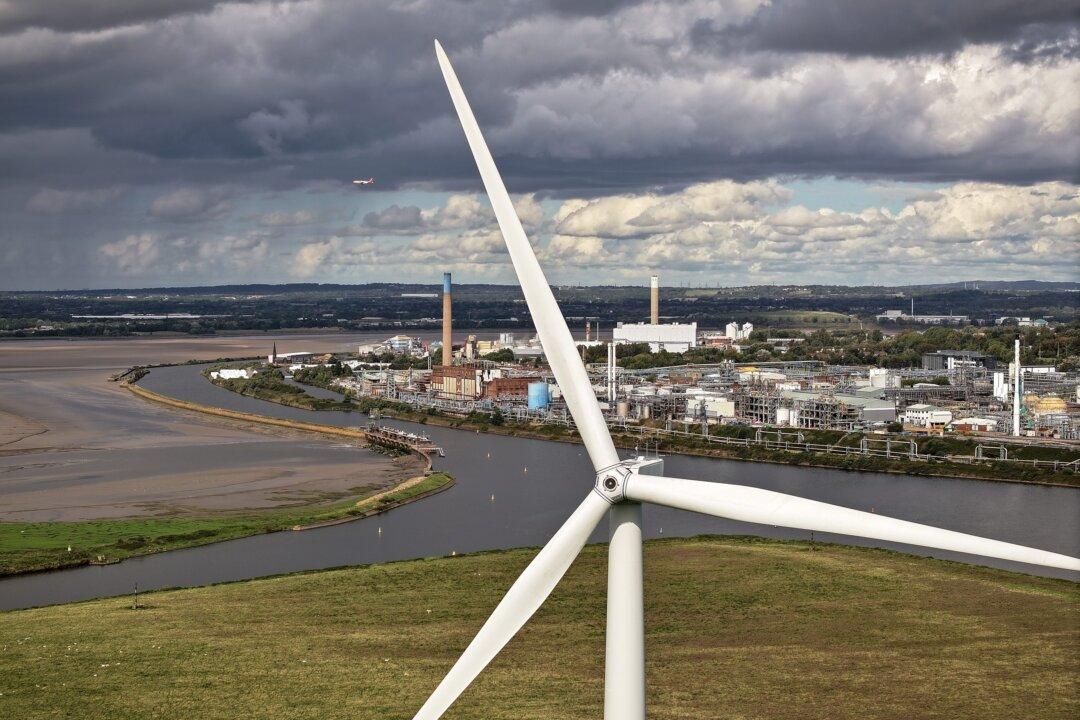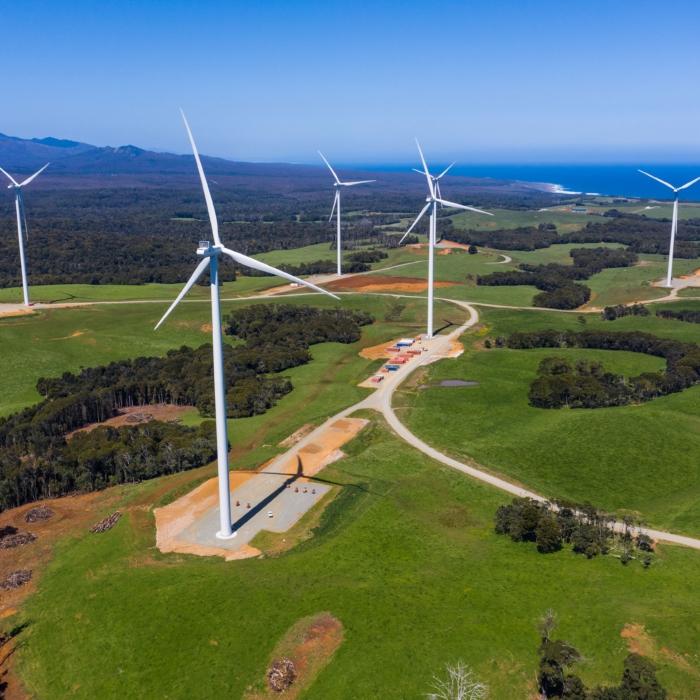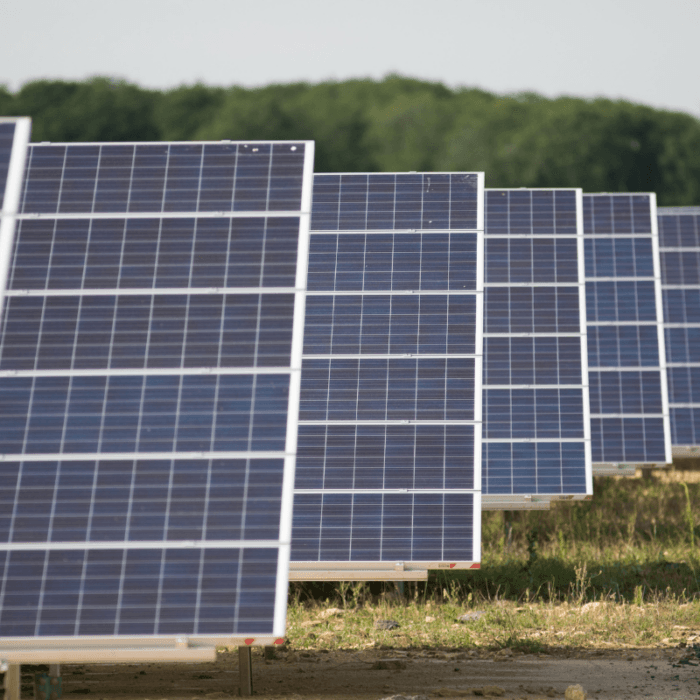A former World Bank economist has said that the time frame for the UK’s energy transition to net zero is “unrealistic” and “threatens to be economically and socially unsustainable.”
Mr. Hughes, a former World Bank adviser, said in a statement: “There is no chance of borrowing an additional 5% or more of GDP annually for two decades to finance the energy transition. The only viable way of financing the UK’s energy transition is a drastic reduction in consumption to free up resources for the huge level of new capital investment required.
“Realistically the reduction in private consumption would have to be 8% to 10% for 20 years. Such a shock has never occurred in the last century outside war periods and even then never for more than a decade.”
GWPF trustee Lord Frost of Allenton said that either the government must be “honest with the public and be clear that they are going to have to pay at a currently unanticipated level,” or delay the net zero target from 2050 to 2070 or 2075.
“Failure to do either – sadly, perhaps the most likely outcome – will mean that we simply muddle on, pretending we are making progress, spending at high levels, but achieving little. Meanwhile the rest of the world outside the West will look on, incredulous at this unprecedented act of economic self harm,” Lord Frost said.
‘Fiscal Trap’
The GWPF report says that the UK “is in a fiscal trap,” where “we are spending too little on the investment required to maintain and increase our physical capital stock to keep up with population growth,” which ultimately affects the country’s ability to realistically maintain the time frame for decarbonisation.Mr. Hughes noted that public services are under pressure and the tax burden has increased, “while the fiscal deficit means that the ratio of public debt to GDP has grown to 2.5 times its level 15 years ago. There are significant risks if it continues to increase. By any criteria, these macroeconomic trends are neither satisfactory nor sustainable in the medium term.”
Against this backdrop, the UK has committed to an accelerated energy transition “that will involve new investment in physical assets amounting to a minimum of 5% of GDP – and perhaps double that – even though current new investment in physical assets is less than 1% of GDP.”
The Migration Factor
Mr. Hughes added that population growth owing to migration and the energy transition “simply tighten[s] the screws of the mismatch between available investment resources and the demands on the overall investment budget.”He said that while official projections suggest a population growth of 0.3 percent per year from 2020 to 2040, the numbers are “completely at variance with reported migration, which is running at over 1% of the UK population each year.”
The economist said that if migration and population growth remain above 1 percent a year, the UK will not be able to achieve the level of GDP investment in new capital to maintain average capital per person.
Delay or Convince the Public to Pay More
The report states that “the numbers do not add up” to meet the decarbonisation deadline, with the author suggesting there were only two choices: extend the time frame for the energy transition or convince the public to pay more.Mr. Hughes said that extending the energy transition to match “both the real willingness to pay of the general public and the rate at which capital equipment is normally renewed” would allow the energy transition to proceed at a rate consistent with a budget of 1 percent of GDP over 40 to 50 years.
“Economic models show that the cumulative cost of the energy transition will be reduced by adopting a time frame that matches the replacement cycle for energy infrastructure and development periods for complex technologies,” he said.
The alternative—persuading taxpayers that the large sacrifice required “is both necessary and feasible”—must be based on “full and realistic information,” Mr. Hughes said.
Elsewhere, the report noted that politicians and policymakers have not prepared the public for any “shock” related to the cost of the energy transition affecting their reduction in household incomes and consumption.
The report noted that “responses to current policies suggest that the public’s willingness to pay for the energy transition is low.”
The Epoch Times has contacted the Department for Energy Security and Net Zero for comment.







